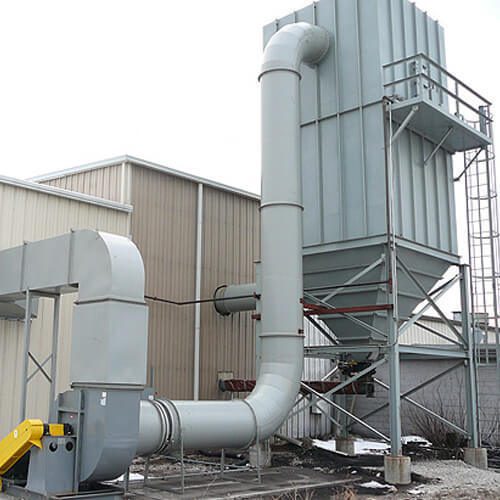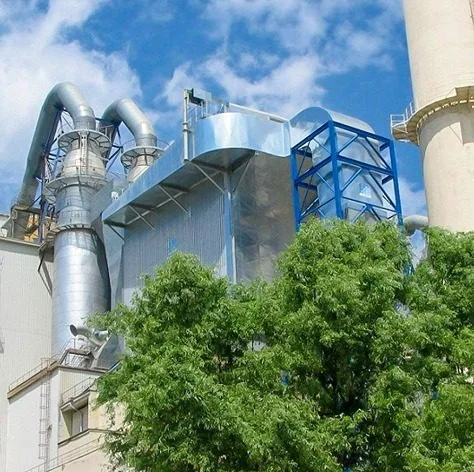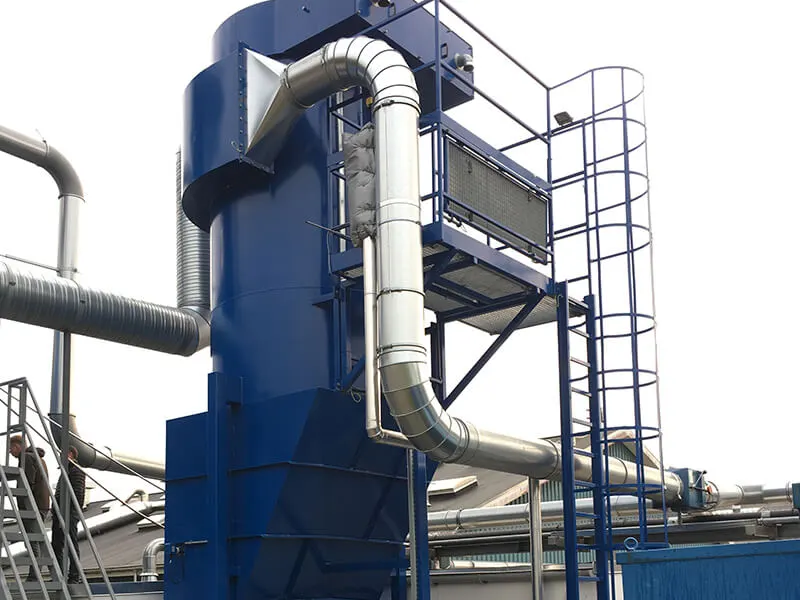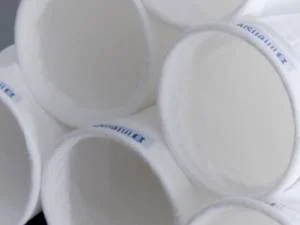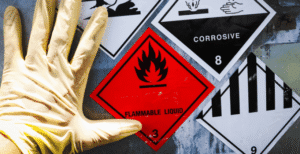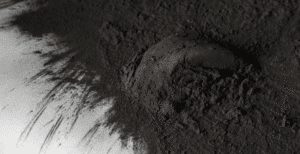As an industry specialist, I’ve seen firsthand the transformative power of a well-chosen dust collection system. And when it comes to working with metals – whether you’re grinding, welding, polishing, or laser cutting – a dedicated metal dust collector isn’t just a nice-to-have; it’s a critical component for safety, efficiency, and profitability.
Think of your workshop or factory floor as a delicate ecosystem. Fine metal particles, generated from various processes, are the insidious invaders, wreaking havoc on everything from worker health to equipment performance. Without a robust defense in place – namely, a purpose-built metal dust collector – you’re essentially inviting chaos.
But here’s the thing: not all dust collectors are created equal. Choosing the right system requires a deep understanding of your specific needs and the challenges inherent in metal dust collection. So, let’s dive into why a metal dust collector is so vital and how to select the perfect one for your operation.
The Perils of Neglected Metal Dust:
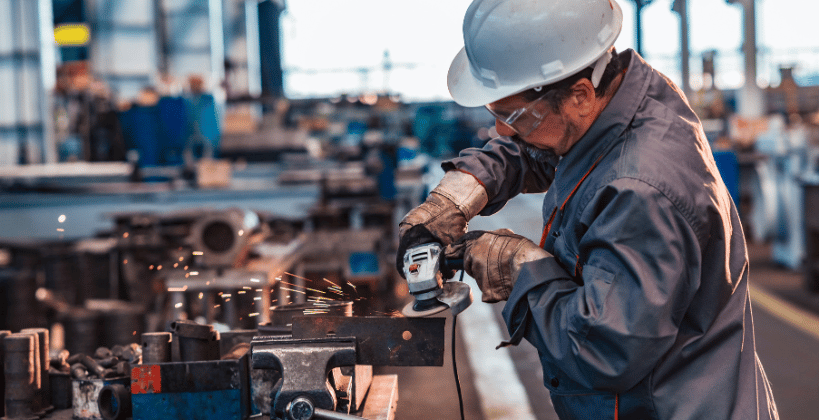
Ignoring metal dust isn’t just about aesthetics; it’s a serious threat to your bottom line and the well-being of your team. Here’s a breakdown of the key issues:
- Occupational Health and Safety: This is paramount. Metal dust inhalation can lead to a range of respiratory problems, ranging from irritation to serious long-term illnesses like silicosis, siderosis, and even increased risk of lung cancer, depending on the metal in question. Regulatory bodies like OSHA (in the US) set stringent exposure limits for various metal dusts, and non-compliance can result in hefty fines and, more importantly, compromised employee health.
- Fire and Explosion Hazards: Many metal dusts, particularly those of aluminum, titanium, and magnesium, are highly combustible. A seemingly innocuous accumulation of dust can quickly become a catastrophic explosion risk, especially within enclosed spaces. A proper dust collector, coupled with adherence to NFPA standards, is essential to mitigate this danger.
- Equipment Damage and Maintenance: Metal dust is abrasive and can infiltrate sensitive machinery, causing premature wear and tear, reduced performance, and frequent breakdowns. This leads to expensive repairs, downtime, and decreased productivity.
- Product Quality: Airborne dust can settle back onto your workpieces, contaminating surfaces, affecting finishes, and ultimately compromising the quality of your products.
- Product Quality: Airborne dust can settle back onto your workpieces, contaminating surfaces, affecting finishes, and ultimately compromising the quality of your products.
- Epekto sa Kapaligiran: Releasing uncontrolled metal dust into the environment can lead to pollution and regulatory violations.
Tuklasin ang Aming Saklaw ng Mga Solusyon:
Why a Specialized Metal Dust Collector?
You might be thinking, “Can’t I just use any old dust collector?” The answer is a resounding NO. Metal dust presents unique challenges that require specialized engineering. Here’s why:
- Spark Capture and Suppression: Metalworking processes like grinding and welding generate sparks. Traditional dust collectors, particularly those with fabric filters, can be extremely flammable. Metal dust collectors are often equipped with spark arrestors and pre-filters to prevent sparks from reaching the main filter, reducing the risk of fire.
- Explosion Protection: More advanced models incorporate explosion vents, suppression systems, and even isolation devices to contain and mitigate the impact of a potential explosion. Meeting NFPA standards for explosion protection is crucial, especially when dealing with combustible metal dusts.
- Filter Media Considerations: The choice of filter media is critical. Metal dust collectors often utilize high-efficiency particulate air (HEPA) filters or cartridge filters with specific coatings and pleating arrangements to effectively capture fine metal particles and ensure long filter life. Selecting the right media is crucial for maintaining optimal airflow and filtration efficiency.
- Material of Construction: The collector itself needs to be robust enough to withstand the abrasive nature of metal dust. Heavy-gauge steel construction, corrosion-resistant coatings, and proper grounding are essential for longevity and safety.
- Proper Grounding: Static electricity buildup can ignite combustible dust. A properly grounded metal dust collector is vital to prevent sparks and explosions.
Choosing the Right Metal Dust Collector: Key Considerations:
Selecting the right metal dust collector requires a thorough assessment of your specific needs. Here’s a checklist to guide your decision-making process:
- Type of Metal: Different metals have different properties and require different filtration strategies. Research the specific dust characteristics of the metals you’re working with.
- Dust Particle Size and Concentration: Understanding the size distribution and concentration of dust particles generated will help you determine the appropriate filter efficiency and air volume requirements.
- Air Volume (CFM): Calculate the required airflow (cubic feet per minute) based on the size of your workspace, the number of workstations, and the type of processes involved. Overestimate slightly to ensure effective capture.
- Filter Type and Efficiency: Choose a filter media that is specifically designed for metal dust and meets or exceeds the required efficiency standards. Consider HEPA filters for applications requiring the highest level of filtration.
- Capture Method: Determine the best method for capturing dust at the source. Common options include hoods, enclosures, and portable dust collectors with flexible arms.
- Explosion Protection: Assess the risk of explosion based on the type of metal, dust concentration, and operating procedures. Choose a collector with appropriate explosion protection features, such as explosion vents or suppression systems.
- Maintenance Requirements: Consider the ease of filter replacement, dust disposal, and overall maintenance requirements. Choose a system that is easy to maintain and operate.
- Pagsunod sa mga Regulasyon: Ensure that the chosen dust collector meets all applicable local, state, and federal regulations, including OSHA and NFPA standards.
- Badyet: Establish a realistic budget that considers not only the initial cost of the collector but also ongoing maintenance and operating expenses.
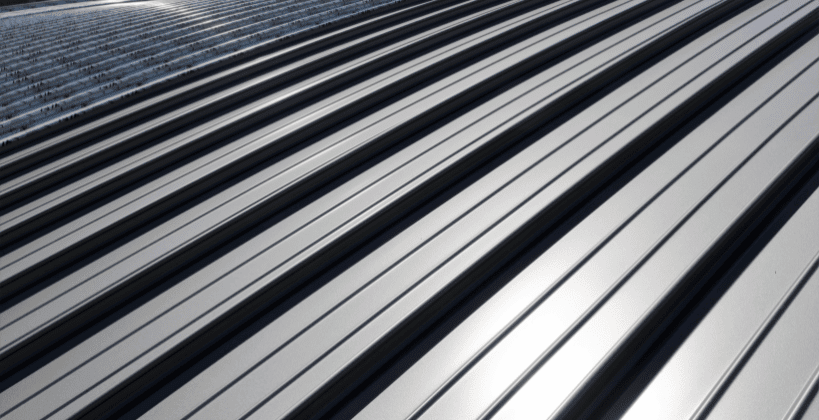
Elevate Your Workplace Safety with Intensiv-Filter Himenviro Metal Dust Collectors
At Intensiv-Filter Himenviro, we specialize in cutting-edge metal dust collection solutions designed for optimal safety, efficiency, and compliance. Our advanced systems effectively capture fine metal particles, prevent fire hazards, and ensure clean air for your workforce. With robust construction, superior filtration technology, and compliance with OSHA and NFPA standards, our metal dust collectors offer unmatched reliability. Protect your equipment, enhance productivity, and maintain regulatory compliance with our expertly engineered solutions. Contact us today to find the perfect dust collection system for your operations and experience the Intensiv-Filter Himenviro difference!
Steel And Metal Industry
Investing in Your Future:
A well-chosen metal dust collector is an investment in the health and safety of your employees, the longevity of your equipment, the quality of your products, and the overall success of your business. Don’t cut corners when it comes to dust collection. Consult with experienced professionals, conduct thorough research, and choose a system that is specifically designed to handle the unique challenges of metal dust. You’ll be glad you did.
